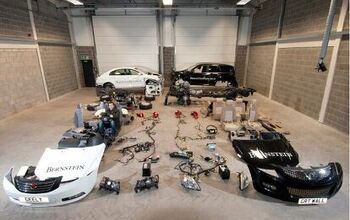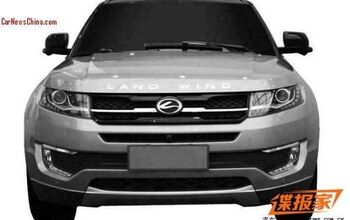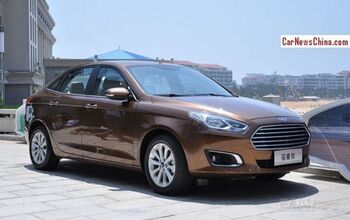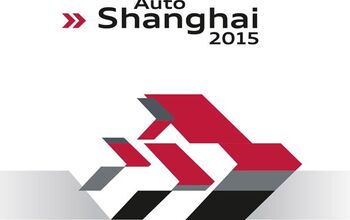Chinese Car Industry Increasingly Powerless

Japanese carmakers are battling the power shortages after the March 11 tsunami. Often, they are asked why they didn’t move more of their production abroad, like to China. A lot of them did, only to face bigger power problems in China. China is heading for what Reuters calls “its worst power shortage since 2004.” While the lights stay on in Japan, cities in Southern and Eastern China have regular blackouts.
The Guangdong Province city of Zhongshan notified all factories that they will receive electricity only four days a week. According to The Nikkei [sub], “roughly 100 Japanese companies have factories in the city, including autoparts makers and electronics firms. Power cuts at autoparts factories could impact local operations of Japanese carmakers.”
Dongguan, another city in Guangdong Province, has been halting the supply of power to factories for a day or two per week since April. Nearby Guangzhou has started asking firms to reduce their power consumption.
In Shanghai, a main hub of Chinese car manufacture, companies have been notified that the supply of power to their factories will be suspended for two weeks in August.

Bertel Schmitt comes back to journalism after taking a 35 year break in advertising and marketing. He ran and owned advertising agencies in Duesseldorf, Germany, and New York City. Volkswagen A.G. was Bertel's most important corporate account. Schmitt's advertising and marketing career touched many corners of the industry with a special focus on automotive products and services. Since 2004, he lives in Japan and China with his wife <a href="http://www.tomokoandbertel.com"> Tomoko </a>. Bertel Schmitt is a founding board member of the <a href="http://www.offshoresuperseries.com"> Offshore Super Series </a>, an American offshore powerboat racing organization. He is co-owner of the racing team Typhoon.
More by Bertel Schmitt

































Comments
Join the conversation
On the bright side (pun intended) could this reduce air pollution? Most of China's power generation is via the local dirty coal, and the air quality of industrial Chinese cities has to be seen, smelled and tasted to be believed.
It's started. Energy rationing. It'll only continue. My wife was in England during the early 70's. 3 day workweeks to conserve energy and fuel to go to and from work. Power going out intermittently. Of course, there were the nearly continous strike actions by power company employees going into the late 70's when I lived there myself, to contend with.
If so much money is at stake would these individual co. buy their own gen set? One lost day can buy many gen set anyways. I am sure Middle Kingdom makes all kinds of big & small gen sets. If u care about your job & paycheck u would show up for work even in the event of hell or high water.
I have several of my China suppliers effected by "power off" days. The power is not actually shut-off, you are just required to stop production on designated days. However you can have office staff come in and work. The root of the problem is that the Chinese utilities are price regulated. They cannot pass on costs. So it is in their own interest not to invest more into their infrastructure or sell more electricity. Having an energy crisis puts pressure on the government to allow price increases.